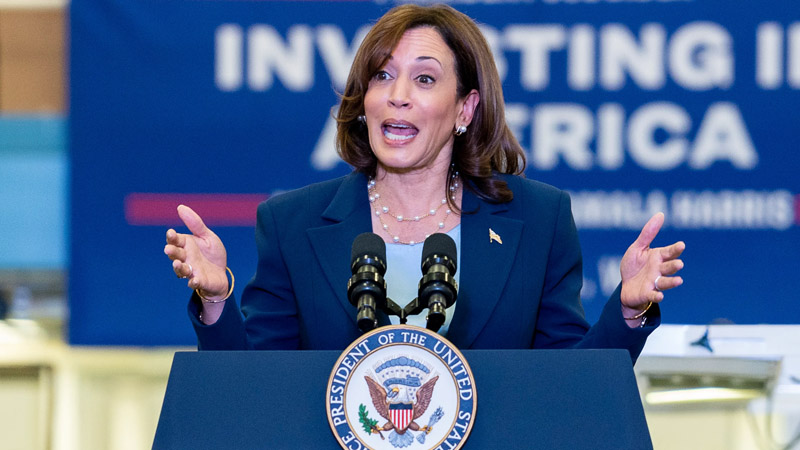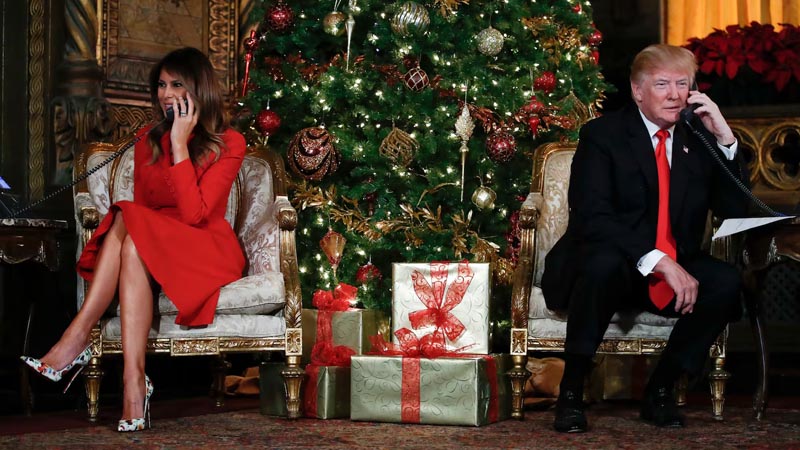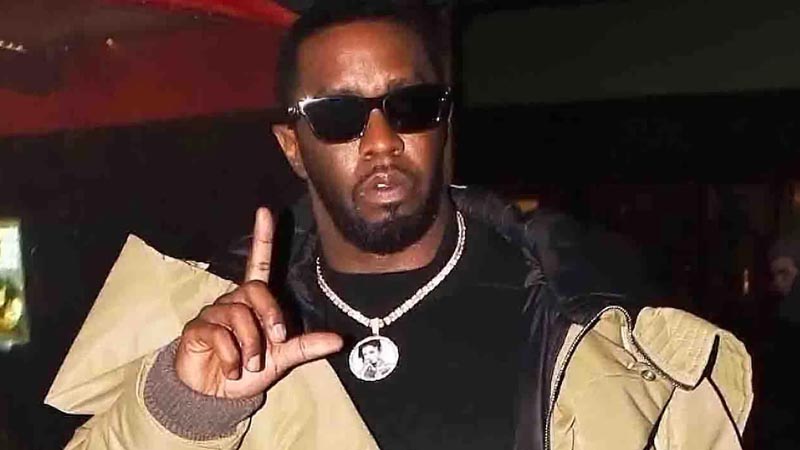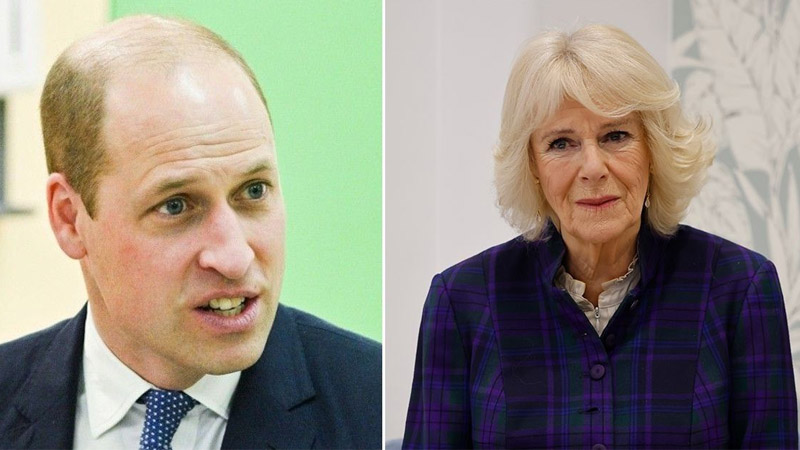“Hot Wings and Missed Opportunities”: Kamala Harris Reportedly Rejected by ‘Hot Ones’ While Trump Thrived on Non-Political Media

Mandel Ngan / AFP – Getty Images file
Kamala Harris’ 2024 presidential campaign faced challenges in connecting with non-political audiences, including an unsuccessful attempt to book her on the popular YouTube show Hot Ones. The team revealed their failed pitch during a recent episode of Pod Save America, as they dissected what went wrong in their bid for the White House.
Harris’ media strategist, Stephanie Cutter, shared that the show politely declined their request, citing a policy of avoiding political guests. “‘Hot Ones,’ which is a great show, didn’t wanna do any politics, so they weren’t going to take us or [Trump],” Cutter said. This rejection was emblematic of a broader issue, as the campaign struggled to break into non-political media spaces.
“We got that reaction across the board,” she added. Despite Hot Ones having never hosted a political candidate in its nearly decade-long run, the rejection stung Harris’ team, especially as they saw Donald Trump succeed in booking appearances on culturally significant platforms.
Former campaign chairwoman Jen O’Malley Dillon vented about Trump’s ability to connect with audiences outside the political sphere. “I don’t think he had the same problem,” O’Malley Dillon noted, pointing out that Trump “tapped into some cultural elements” Harris couldn’t.
Trump’s media blitz included stops on The Joe Rogan Experience, Theo Von’s This Past Weekend, Barstool Sports’ Bussin’ with the Boys, and even podcasts like pro-wrestler The Undertaker’s Six Feet Under. Trump also made headlines for a three-hour chat with Joe Rogan in Austin on the same day Harris appeared at an event with Beyoncé in Houston.
Adding to the frustration, Harris’ team reportedly received an invitation to Rogan’s show, but scheduling conflicts derailed the opportunity. Rogan revealed that Harris’ campaign requested he travel to her location for a brief interview—an unusual proposal given Rogan’s typical three-hour episodes. Rogan declined, leaving Trump to dominate the platform.
“So what’s clear is we offered to do it in Austin, people should know that. It didn’t work out,” explained campaign advisor David Plouffe. “Maybe they leveraged that to get Trump in the studio, I don’t know.” Ultimately, while Trump capitalized on non-traditional media to expand his reach, Harris struggled to gain traction in similar spaces, underscoring a significant gap in their campaign strategies.


